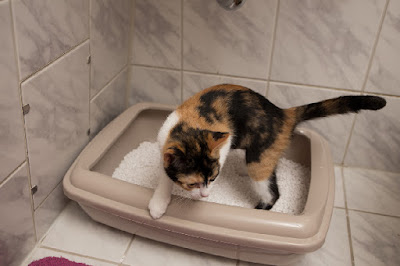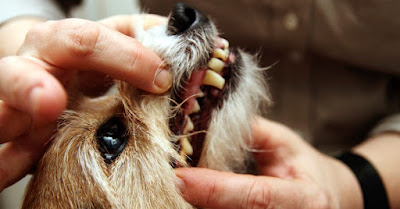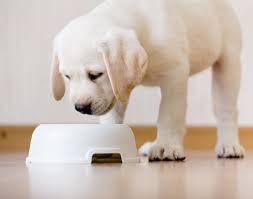Has your beloved puppy been sneezing a lot lately? Sneezing is a form of involuntary response to the dog's respiratory system. Sneezing is typically a response to an underlying irritant found in the dog's upper airways (mucus membranes). You might be bothered but sneezing from time to time is completely healthy and normal because there are many potential irritants around the house or wherever the dog frequents. Having said that, it may come from something more serious if sneezing is recurring, or if it comes with gagging, runny nose, or a snorting sound. There is a variety of potential causes of sneezing, and it may include problems such as tumors, viral infections, seasonal allergies, or even foreign objects found along the dog's nasal passages. In the case of puppies, sneezing might be related to a particular type of respiratory tract infection. In other cases, distemper virus or kennel cough could be the culprit.
Any sign of illness exhibited by your pet should warrant an appointment at your animal hospital Tipp City, OH.






